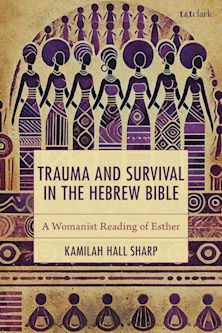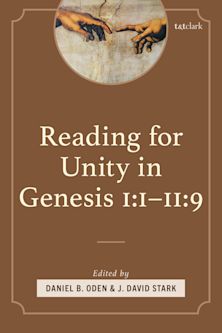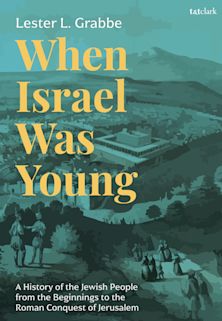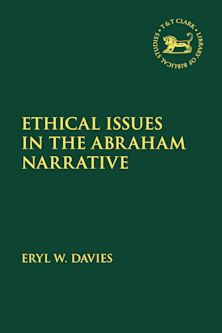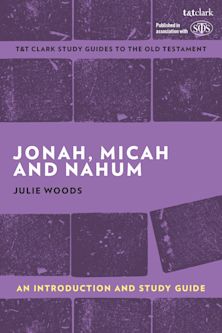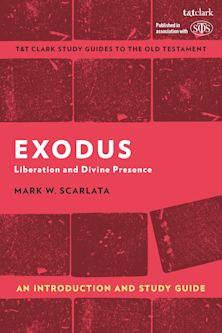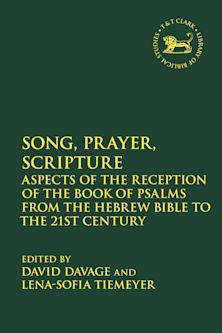- Home
- ACADEMIC
- Biblical Studies
- Old Testament / Hebrew Bible
- Ecological Aspects of War
Ecological Aspects of War
Engagements with Biblical Texts
Ecological Aspects of War
Engagements with Biblical Texts
You must sign in to add this item to your wishlist. Please sign in or create an account
Description
In this book Australian biblical scholars engage with texts from Genesis to Revelation. With experience in the Earth Bible Project and the Ecological Hermeneutics section of the Society of Biblical Literature, contributors address impacts of war in more-than-human contexts and habitats, in conversation with selected biblical texts. Aspects of contemporary conflicts and the questions they pose for biblical studies are explored through cultural motifs such as the Rainbow Serpent of Australian Indigenous spiritualities, security and technological control, the loss of home, and ongoing colonial violence toward Indigenous people.
Alongside these approaches, contributors ask: how do trees participate in war? Wow do we deal with the enemy? What after-texts of the biblical text speak into and from our contemporary world? David Horrell, University of Exeter, UK, responds to the collection, addressing the concept of herem in the Hebrew Bible, and drawing attention to the Pauline corpus. The volume asks: can creative readings of biblical texts contribute to the critical task of living together peaceably and sustainably?
Table of Contents
Notes on contributors
Acknowledgements
List of abbreviations
1. Introduction: Ecological Aspects of War - engagements with biblical texts, Keith Dyer and Anne Elvey, University of Divinity, Australia
2. 'A bow in the clouds' (Gen 9:13): YHWH's qešet and the Rainbow Serpent as Metaphors of Life and Destruction – Jeanette Mathews, Charles Sturt University, Australia
3. Drones over Sodom: Resisting the Fantasy of Security – Carolyn Alsen, University of Divinity, Australia
4. Reading the Magnificat in the Contemporary Contexts of International Conflict and Climate Change - Anne Elvey, Monash University and University of Divinity Australia
5. Dealing with the Enemy: ecological Reflections out of Luke's story of Jesus's Trial on the Mount of Olives (Luke 22.39-53) - Michael Trainor, Austrailian Catholic University, Australia
6. The Death of Absalom: The Forest is Mightier than the Sword – Marie Turner, Flinders University, Australia
7. Desolate Land/Desolate People in Jeremiah and Lamentations – Elizabeth Boase, Flinders University, Australia
8. Violence and Destruction in Opposition to Justice and Righteousness – Anne Gardner, Monash University, Australia
9. The Four Horsemen of the Apocalypse and the Consequences of War (Rev 6:1–11) – Keith Dyer, University of Divinity, Australia
9. War, ecology and engagements with biblical texts: a response – David Horrell, University of Exeter, UK
Bibliography
Product details
| Published | 10 Aug 2017 |
|---|---|
| Format | Ebook (PDF) |
| Edition | 1st |
| Extent | 208 |
| ISBN | 9780567676405 |
| Imprint | T&T Clark |
| Publisher | Bloomsbury Publishing |
About the contributors
Reviews
-
…this volume is a very useful resource for anyone interested in ecological readings of the text. This volume also demonstrates various ways to bring modern sociopolitical issues, beyond ecology alone, into conversation with the biblical text and therefore serves to help generate further research.
Bulletin of Biblical Research
-
This ground-breaking collection takes ecological hermeneutics - particularly Earth Bible readings - in a new direction, exploring ecological aspects of war in dialogue with various biblical or secular texts and contexts. Eco-justice and eco-poetic connections are formed between sacred texts in the Jewish and Christian traditions and the pressing cultural issues of today, such as war, ecological destruction, refugees and our interdependency and relationality with human and 'more-than-human' species. The text contributes to the endeavour to move away from readings that are andro- and anthropocentric, and towards reading in solidarity with the Earth community… This collection is most timely, as the need for resisting the co-option of sacred texts and traditions in the interests of war is now more pressing than ever, and will be of interest to readers engaging in the fields of cultural, post-colonial and feminist studies, and contemporary eco-justice and eco-poetic readings of sacred texts in the Jewish and Christian traditions.
Vicky Balabanski, Director of Biblical Studies, Uniting College for Leadership & Theology, Adelaid College of Divinity, Austrailia
-
Placed at the point of intersection between war, ecological violation, and contextually sensitive biblical interpretation, this set of studies not only poses but also affirmatively answers the question: 'can creative readings of biblical texts contribute to the critical task of living together peaceably and sustainably?'… With each essay written for a symposium and revised in light of subsequent discussions, the conversation continues within this volume by virtue of an illuminating response to the collection as a whole, provided by David Horrell. In published form, these studies invite further dialogue on the relatedness and relationships – even entanglement! – at the interface between war, ecology, and biblical interpretation. To join this vital conversation, take and read.
David Neville, St Mark's National Theological Centre and the School of Theology, Charles Sturt University, Australia
-
This exceedingly rich, frequently surprising set of essays on biblical representations of war and the Earth demonstrates how biblical ecocriticism can intersect incisively with other important, ethically fraught trajectories of biblical scholarship, not least the empire-critical and postcolonial. The volume merits wide readership.
Stephen D. Moore, Drew University, United States of America
-
The series as a whole is a significant development with some distinguished contributors presenting now and others lined up for the future.
Catholic Biblical Quarterly

ONLINE RESOURCES
Bloomsbury Collections
This book is available on Bloomsbury Collections where your library has access.












